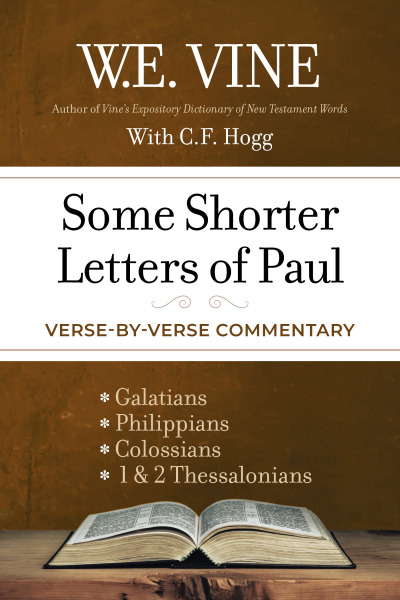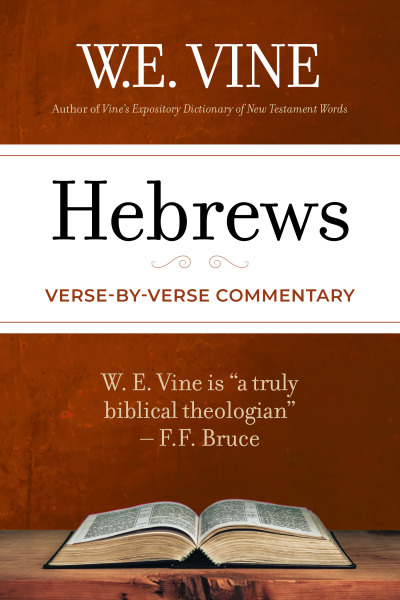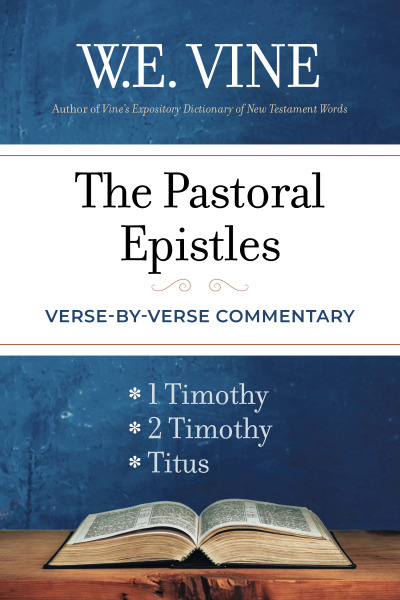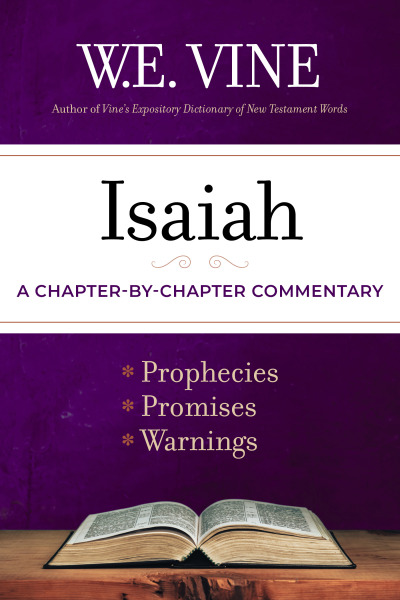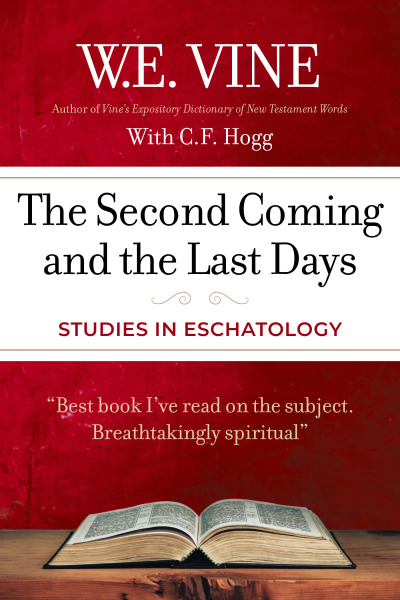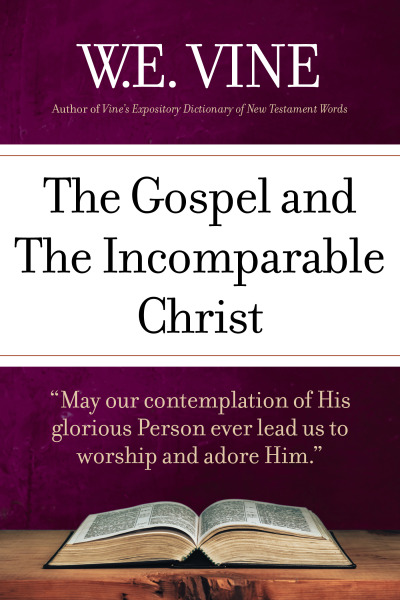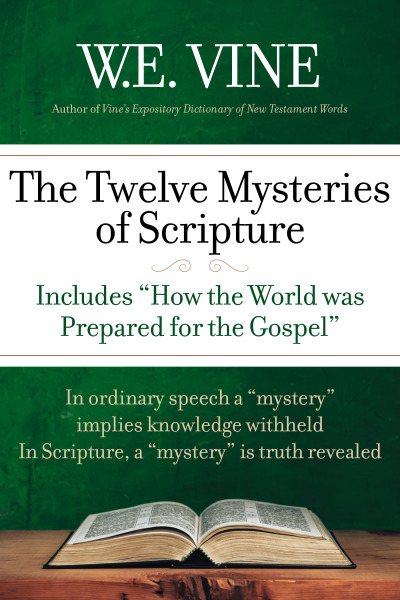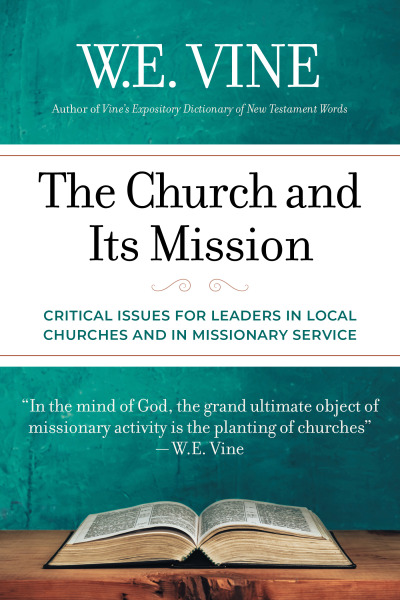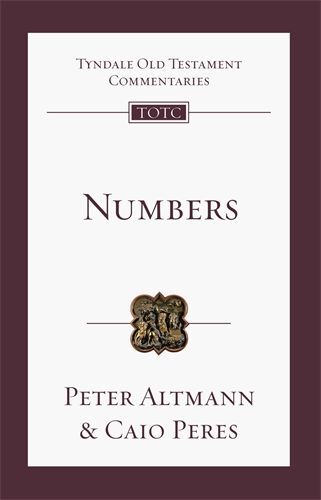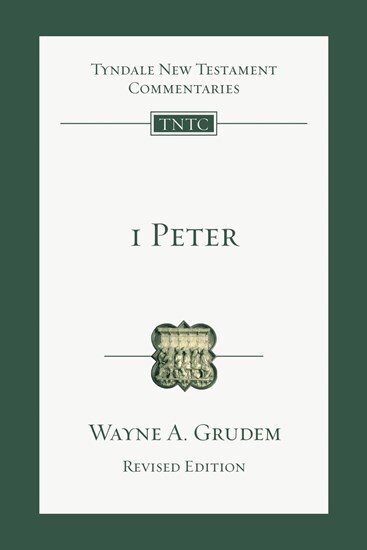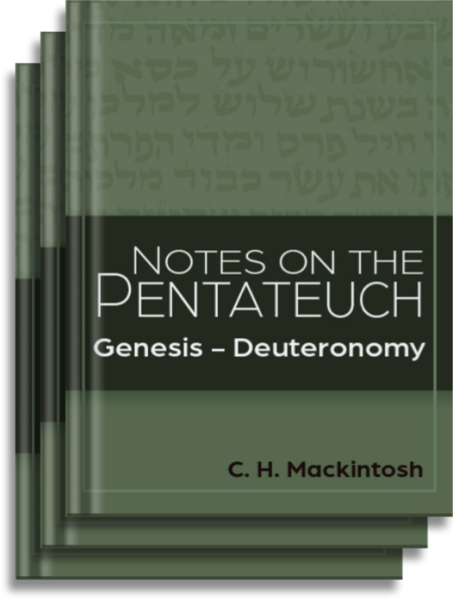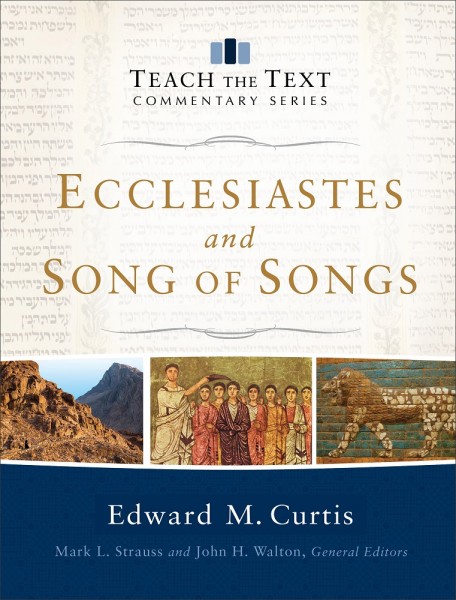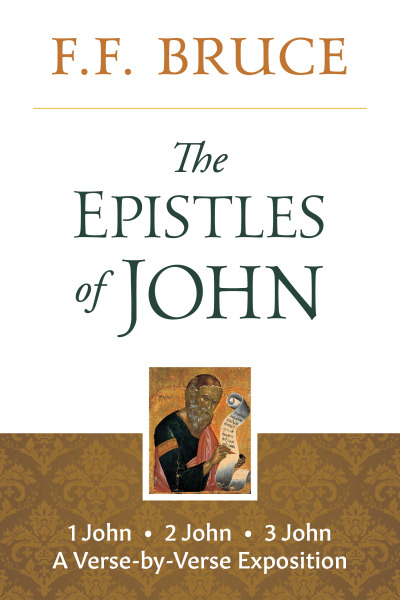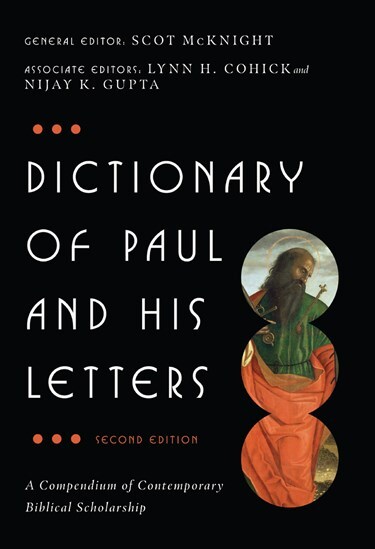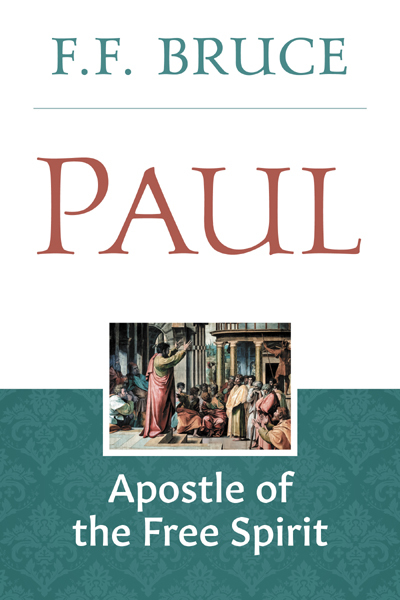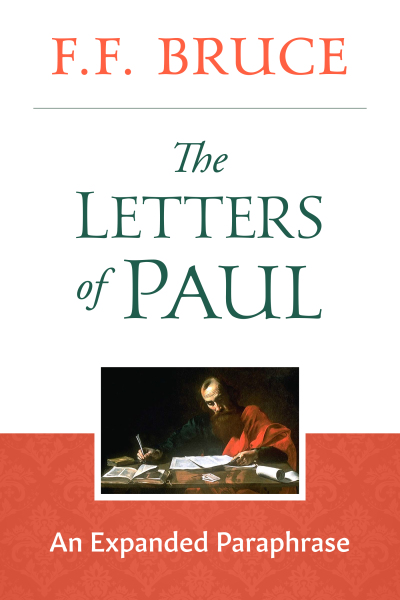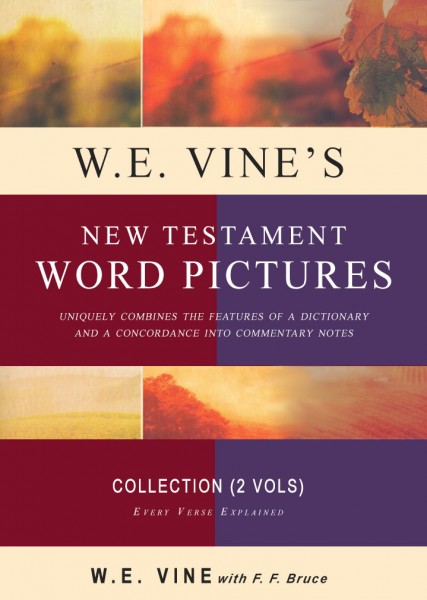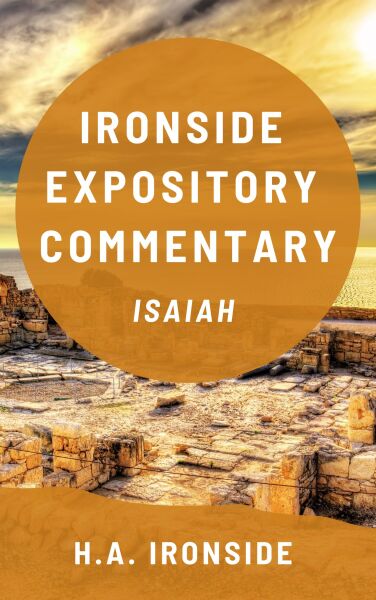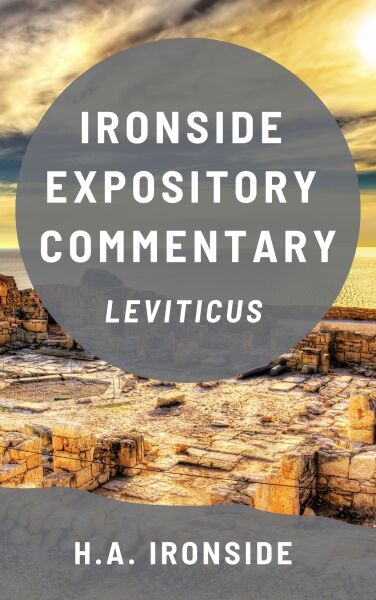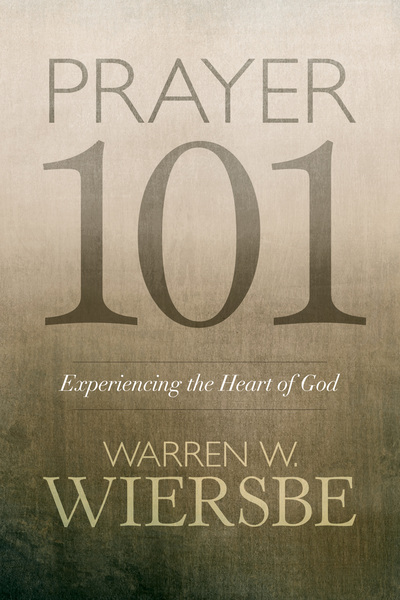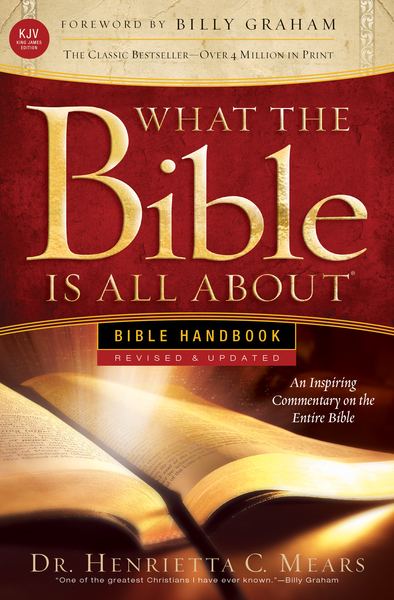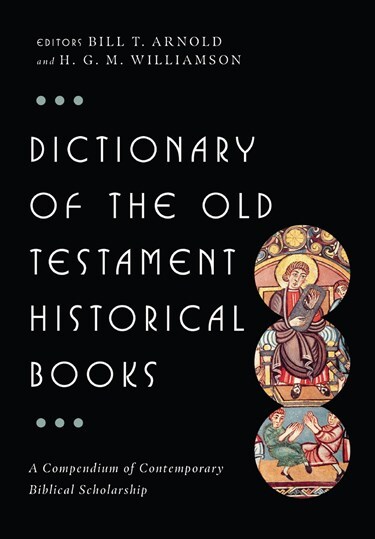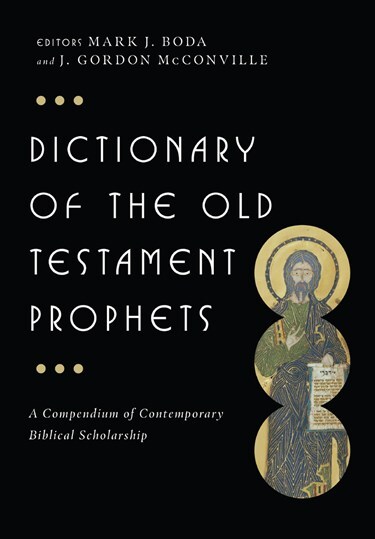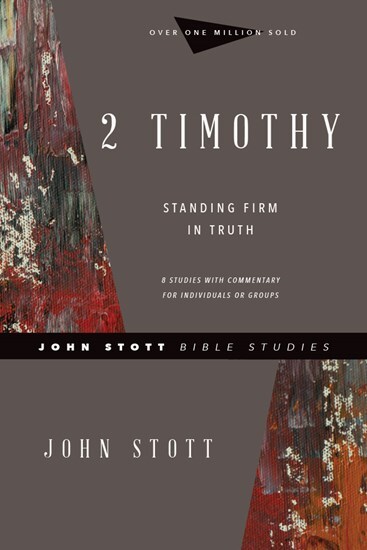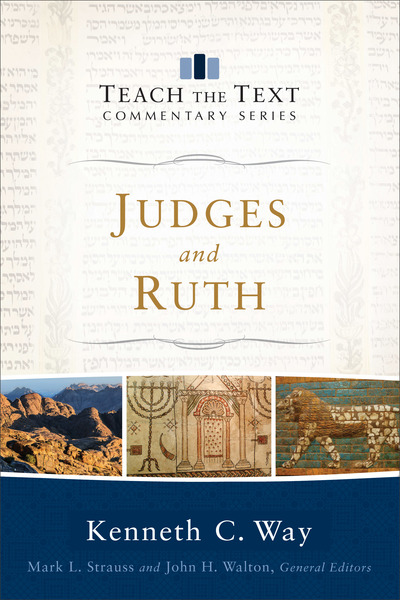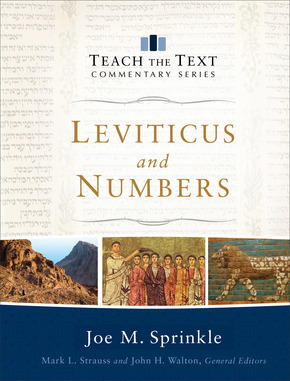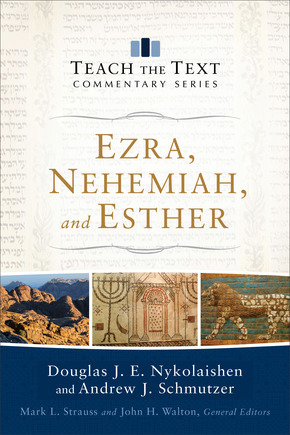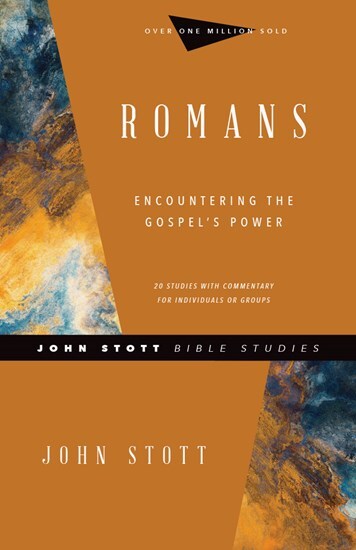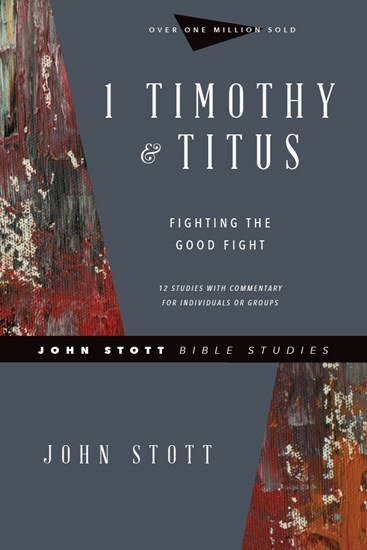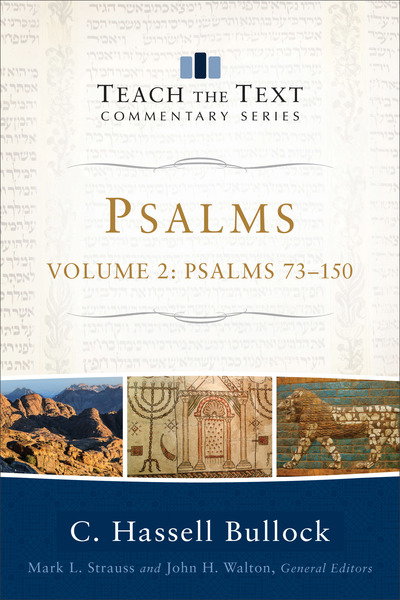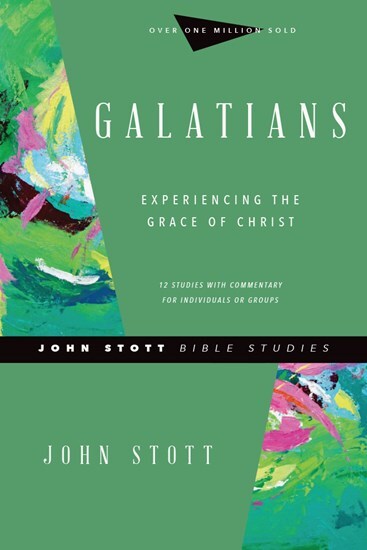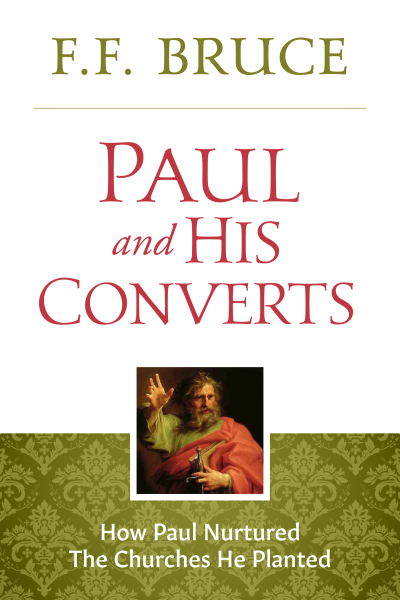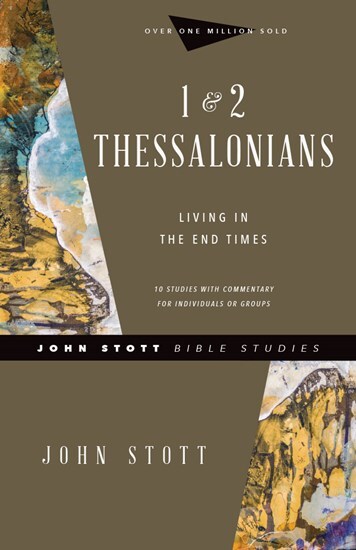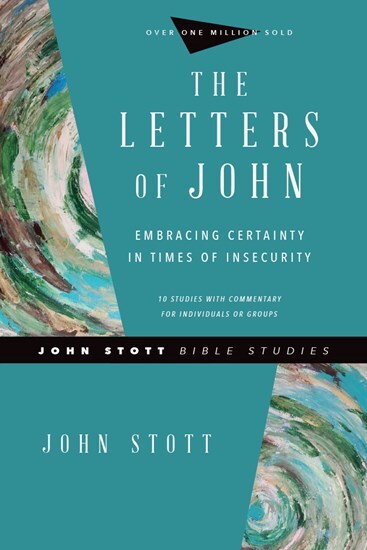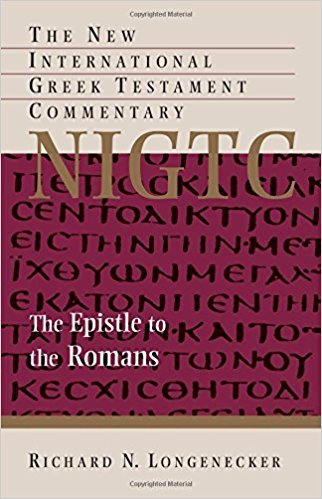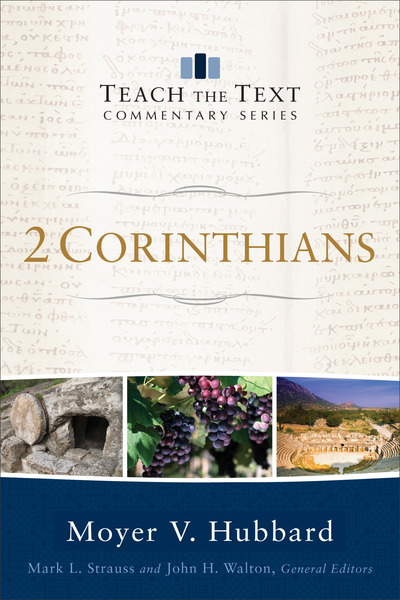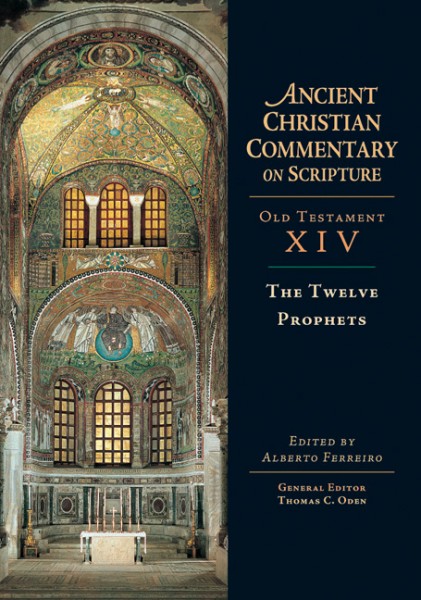

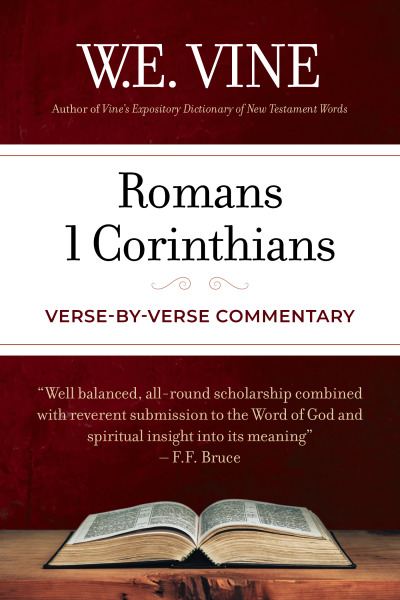

Romans and 1 Corinthians are the first two letters of Paul’s in the New Testament, although they are not the first ones he wrote. Paul founded the church in Corinth at the end of his second missionary journey. The church then suffered many problems and before Paul was able to visit them again, he wrote about such urgent matters as personal morality, public worship, and splits in the church.
Paul had wanted to visit Rome for a long time and wrote to Christians there while he was in Corinth later on his third missionary journey. Paul opens his letter to the Romans with a systematic explanation of important truths about the gospel. He vindicates the righteousness of God in His dealings with people and says that God’s righteousness is available by faith through Jesus Christ. In the second part of the letter Paul explains how the gospel can be lived out in daily life.
Paul encountered a difficult situation with the Corinthian church and his letter to them is more personal than his letter to the Roman Christians, whom he did not know. He opens the Corinthian letter with praise and thanks for them. Vine’s commentary matches the pastoral heart of Paul. “What grace is here manifested!” he says. “What a lesson for those responsible for church discipline!...It is surely a sound principle that disciplinary measures are rendered more effective if preceded by mention of whatever can be found praiseworthy.”
An Amazon reviewer says that Vine’s commentary on Romans is “a great commentary based on the Greek...Vine is more brief, less obscure theologically, and easier to read than most. The commentary is not above a lay teacher who will take the time to read and study.”
All of W.E. Vine’s commentaries excel in the rich tradition of careful, exegetical word studies and expository insight. These commentaries use a word study approach that takes into consideration every reference to a particular word in the Bible as well as that word’s use in contemporary and classic Greek. Pastors, scholars, or serious students of the Word will enjoy these two in-depth commentaries.

